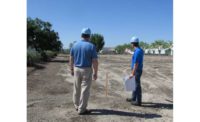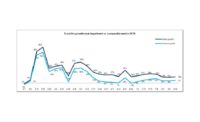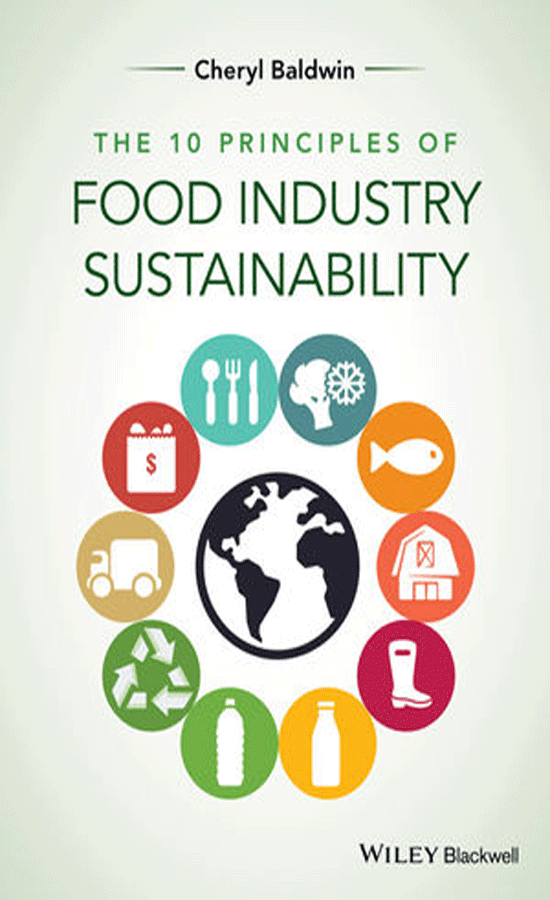Neither pandemic nor lockdown stayed Allpax from the completion of its appointed project

Allpax, a product brand of ProMach, and a canned food copacker could just have easily postponed an end-of-line capacity expansion while Kansas was under COVID-19 lockdown. Or, Allpax and its customer could mutually develop a solution that met travel and safe workplace requirements and charge ahead with the upgrade. Proceed they did with a project that would increase the plant’s capacity by about 50%.
Let’s camp in the parking lot
Brand owners and retailers were counting on the copacker to meet its commitment for increased shipments of canned foods. But, how could Allpax have successive waves of technicians – a total of 15 over a five-week period – safely reside in Kansas? Staying in a motel was not an option, as that required a 14-day quarantine. And, how could the crews safely travel to and from Kansas from Louisiana without added risk of COVID-19 exposure?
With the permission granted by the State of Kansas, Allpax crew members with their luggage and tools drove rental cars 13 hours from Covington, La., directly to the customer’s plant making sure to social distance at each stop. Arriving at the plant, the crew stowed their gear in one of five assorted recreational vehicles (RVs) rented by copacker and located in the facility’s parking lot.
A daily health log for each team member
Before entering the plant in the morning, temperatures were taken and logged for each crew member. And, facemasks were donned along with the usual safety and sanitary gear – hairnets, beard nets, steel-toed boots, and shirts without buttons. Then crew members went to work. Social distancing was practiced in the plant and handshakes were nonexistent. Workdays averaged 13 hours, with some as long as 16 hours. Meals consisted of takeout.
The Allpax crew installed a new can loader, unloader, and conveyor system. There were major upgrades made to the plant’s retorts and conveyor systems. A new Allpax retort will be installed later this year. An automated basket tracking system was added. Non-Allpax portions of the project included can fillers and seamers and associated labeling and conveying equipment.
The goal of the project was to allow an uninterrupted flow of various sized cans to be filled, processed, and labeled and reduce to near zero changeover downtime. Higher uptime and the addition of a new retort will expand plant capacity by up to 50% and support the copacker’s continued growth.
Looking for a reprint of this article?
From high-res PDFs to custom plaques, order your copy today!






